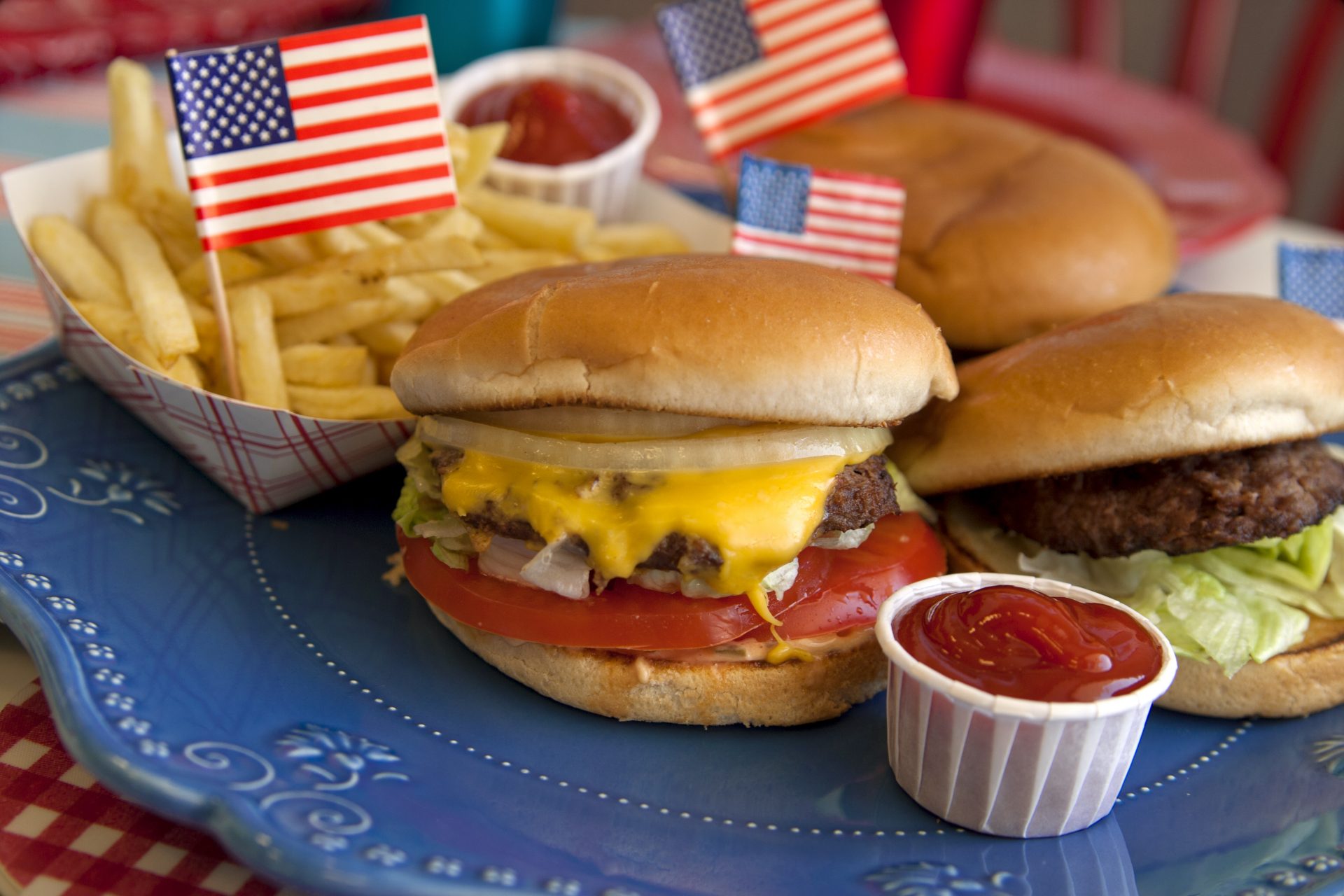15 ways to reduce water waste
On March 22 and since 1993, World Water Day is celebrated to raise awareness of the importance of preserving this valuable and necessary natural resource.
According to the United Nations 2.2 billion people live without access to safe water. By reducing our domestic water consumption, we can help alleviate impending shortages. These are 15 ways you can reduce water waste.
This is probably the most obvious advice to give, but a lot of people forget to turn off the tap when not using it. For example, when brushing our teeth, washing our hands or shaving, leaving the water running is of no use other than wasting it.
Who doesn't love a relaxing long bath after a long day? However, 120 to 200 liters are required for this; the equivalent of 4 to 5 showers for a single bath… So think again and have a hot shower instead.
Whether you have long hair or not, five minutes is enough to wash and rinse. A little trick not to exceed the allotted time: 5 minutes is around the length of one and half of your favorite songs.
Most people pee 6 or 7 times a day, so if you flushed every time and each flush used 9 gallons, that could mean using around 60 gallons of water every day just to flush. So remember, “if it’s yellow, let it mellow.”
Before starting the washing machine or dishwasher, wait until they are full. That slightly dirty t-shirt that you want to wear can wait.
When you wash your vegetables, place a basin of water under the tap. This will allow you to use the remaining water for other things, like watering plants.
By watering plants during the day, the water evaporates faster due to the sun or heat. As it is cooler in the evening, the water does not evaporate and hydrates the plants better. This allows them to be watered less often.
To save water in the house, why not collect rainwater? In addition to being economical, this will allow you to water the plants, wash your car, or even wash your pets!
Favoring succulent plants or cactus that need to be watered less often than other plants is also a good way to save water.
There are many products, for each part of your vehicle, that will allow you to clean it without water, using a simple rag.
Once you have finished cooking vegetables, pasta or rice, do not throw away the water. Use it to water your plants, which will benefit from the elements that come from the food you have cooked.
The textile industry relies on water for its production process. This is why it is better to opt for natural, organic or recycled materials.
If you decide to buy something new, avoid things like denim. It takes up to 10,000 liters of water to make a single pair of jeans.
By favoring second-hand clothes, you do not encourage the overproduction of new, energy-intensive clothes. According to figures from the French Ademe (Environment and Energy Management Agency) 4% of drinking water available in the world is used for textile production.
Some foods also require larger amounts of water to grow. This is the case, for example, with meat, avocado or almonds. Others, on the other hand, are immune to aridity: carrots, parsnips, red beets and Jerusalem artichokes. But also legumes, such as beans and peas.
Eco-friendly products have a more limited impact on the environment and on water pollution. You can also use homemade cleaning solutions such as vinegar, baking soda and lemon.
More for you
Top Stories































